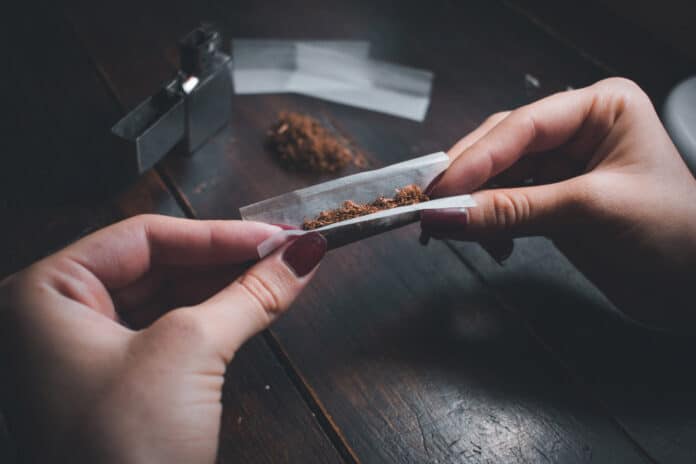Adolescent cannabis use can be associated with psychiatric disorders, and the prevalence of cannabis use disorder has been increasing in countries. Exposure to Adverse childhood experiences (‘ACEs’) can be associated with cannabis use. Still, no comparisons across all adversities have been made while considering the timing and frequency of cannabis use.
According to a recent study from the University of Bath, children who encounter negative childhood experiences between the ages of 0 and 12 years, including parental drug use, are most likely to develop problematic adolescent cannabis usage when they are teenagers.
The Avon Longitudinal Study of Parents and Children, popularly known as the “Children of the 90s” study, tracked the results for more than 5,000 participants.
In the study, scientists integrated self-reported information regarding the frequency of cannabis use between the ages of 13 and 24 with these adverse childhood events. Self-reported data ranged from individuals having never experimented with cannabis to using it regularly in their teenage years.
They discovered that, compared to those who had just encountered a few ACEs, those who had four or more were more than twice as likely to use cannabis as teenagers routinely. Teenagers who grew up with drug or alcohol abusers or parents with mental health issues were most likely to use cannabis regularly.
Dr. Lindsey Hines, University of Bath psychologist and expert in adolescent mental health, said, “Our study is one of the first to track adverse childhood experiences from birth comprehensively and to see how they relate to teenage cannabis use, which can begin as early as 13. Through this, we observe a strong correlation between these difficult early life experiences and regular cannabis use in teenagers and young adulthood.”
“A growing body of research highlights the challenges regular cannabis poses, particularly for young people’s long-term mental health. With this study, we wanted to focus on those factors underlying cannabis use, with the hope of informing more targeted interventions that can help young people and their families in the future.”
The Bristol Drug Project is a charity providing harm reduction and treatment services for people experiencing a negative relationship with drugs and alcohol.
Hazel McMahon is one of BDP’s New Leaf Cannabis Support Workers in its Youth team. She said: “Our youth team supports young people using substances and those who are affected by someone else’s substance use. Working with these two groups concurrently shows the significant overlap in these populations daily. ACEs and other trauma are significant factors in steering the provision of our services.
“Our cannabis support group, New Leaf, utilizes a trauma-informed approach, and we build on protective factors known to reduce the negative impact of ACEs, such as having a positive and consistent relationship with an adult. We warmly welcome this research that evidences the link between ACEs and cannabis use, and we hope that it will influence the provision of specific cannabis support services for young people around the country.”
Journal Reference:
- Lindsey A Hines, Hannah J Jones, Matthew Hickman, Michael Lynskey, Laura D Howe, Stan Zammit, Jon Heron. Adverse childhood experiences and adolescent cannabis use trajectories: findings from a longitudinal UK birth cohort. Link to paper.
